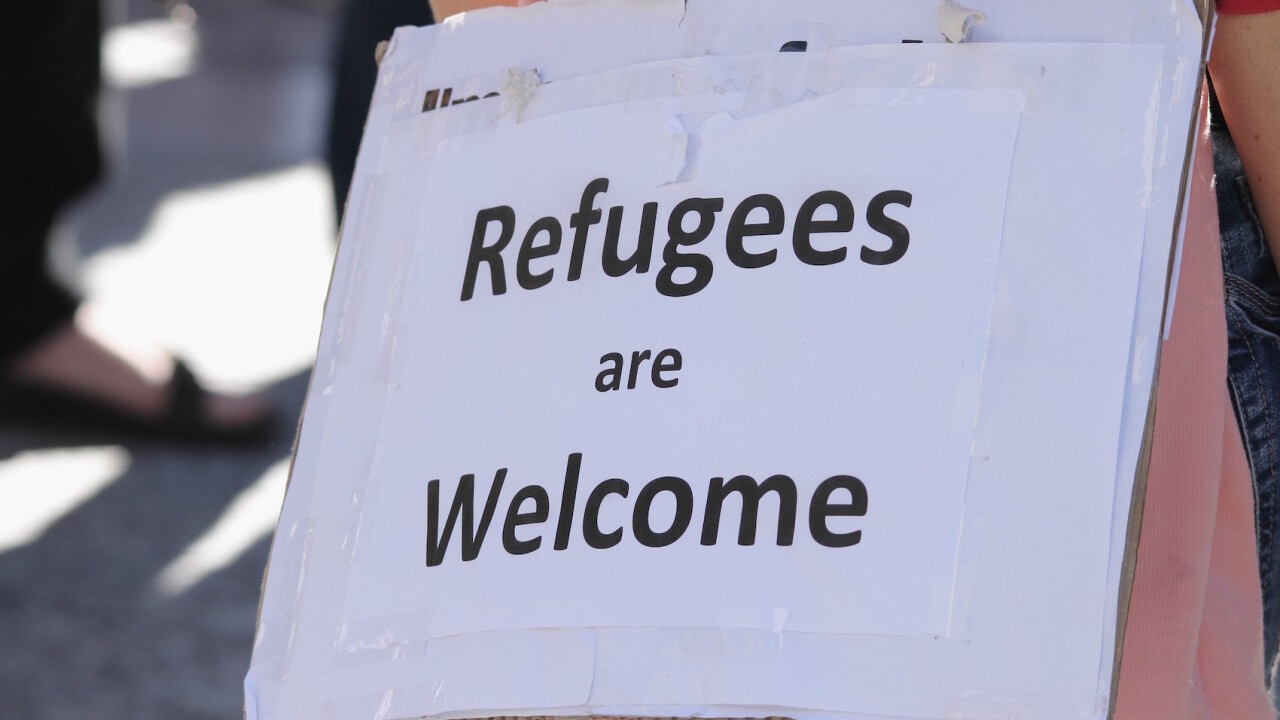
Often, it’s hard to decide which piece of news is the worst on any given day but, despite the fact that the pretty grim Panama Papers stuff is still unfolding, I’ve found Sunday’s winner. Or loser.
While many in the tech community and others across Europe have been rallying to work out ways to support refugees on the move, the UK government has been secretly spying on those who’ve found themselves in immigration detention centers.
The Guardian newspaper revealed yesterday that immigration officers have been hacking refugees phones for the last three years. Many of these people have been found to be victims of torture.
Immigration minister James Brokenshire told the Guardian that officers “may only use the power to investigate and prevent serious crime which relates to an immigration or nationality offence, and have done so since 2013.”
Despite this defense, campaigners have slammed the measure. Cristal Amiss, of the Black Women’s Rape Action Project, said:
These powers are an outrage. People in detention have the right to confidentiality, to speak privately to their lawyer and disclose often very sensitive information such as details of rape, torture, domestic violence and alleged abuse by officials. They have to be able to share private information without their phones being hacked.
The government has used a 20-year-old law to provide legal cover for their actions, something that’s also been criticized as a use of outdated legislation that wasn’t intended to facilitate 21st-century spying.
It’s an old adage that has resurfaced many times but it’s a fitting one, as Jimmy Carter said: “The measure of a society is found in how they treat their weakest and most helpless citizens.”
With this admission, the UK government has proved that it measures up poorly in this area and, in light of the ongoing Snooper’s Charter negotiations that will force tech companies to break encryption, shows that none of us are safe from being spied on.
Get the TNW newsletter
Get the most important tech news in your inbox each week.





